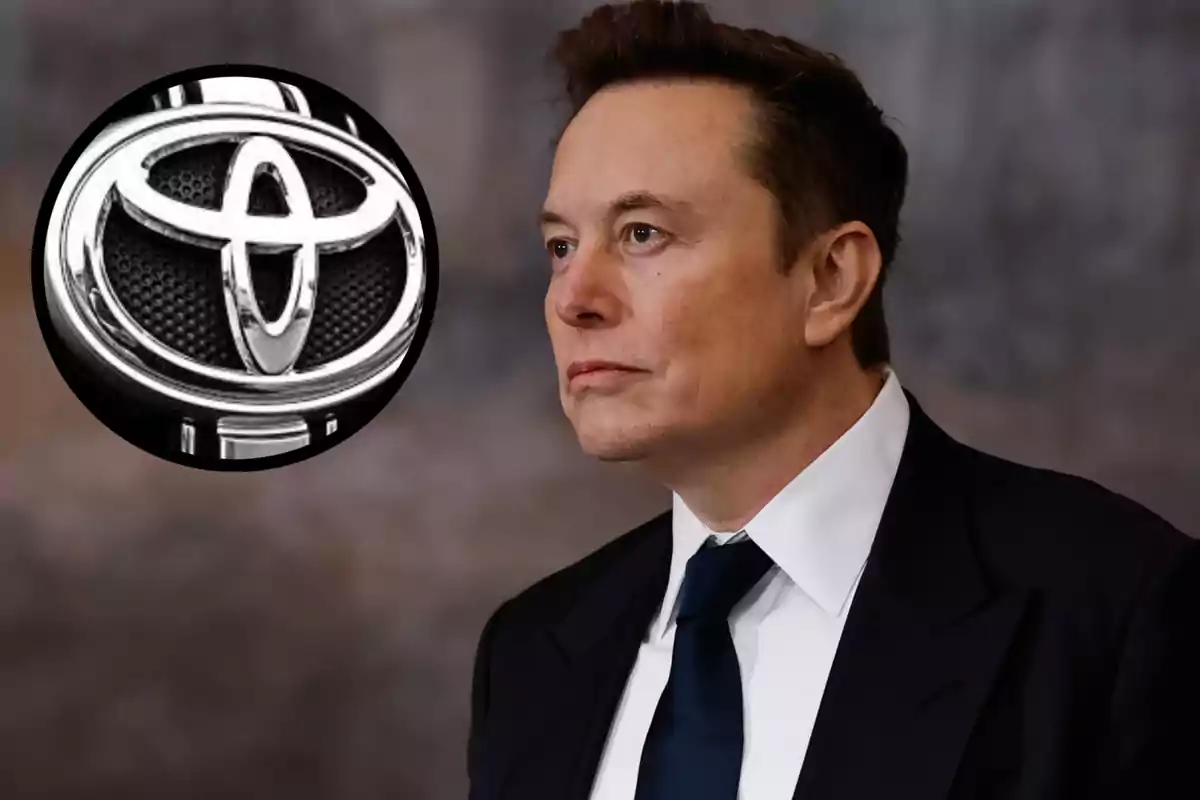It's no surprise that automotive companies are seeking alternatives to fossil fuels. Tesla has established itself as a benchmark thanks to its electric vehicles. However, Toyota has a different vision: not relying on a single technology. The Japanese company is committed to variety, seeking solutions that adapt to different needs.
This philosophy is part of its Beyond Zero Vision mission, which seeks carbon neutrality at every stage of production, not just in vehicle use. The idea is clear: sustainable mobility without compromising versatility.
Hydrogen as the engine of change
One of Toyota's most promising technologies is the hydrogen fuel cell. This approach has come to life with the Toyota Mirai, a vehicle that's already on the market and shows that hydrogen can be a viable alternative.

According to Toyota, the millions of kilometers (km) traveled by the Mirai are just the beginning. The company believes that fuel cells have broader applications and great scalability potential.
Hydrogen doesn't replace electricity; instead, it complements the brand's sustainable mobility strategy. Toyota combines full electric motors, plug-in hybrids, and conventional hybrid vehicles, offering consumers multiple clean options.
The power of collaboration
At the Hydrogen and Fuel Cell Seminar 2025 in Long Beach, California, Toyota surprised by announcing its collaboration with BMW. Although they're competitors, joining forces will allow them to create standards for hydrogen and its infrastructure.
According to Jay Sackett, Toyota's advanced mobility engineer:
"We're collaborating with companies that traditionally would've been our competition to develop hydrogen standards and protocols. We believe that an industry standard benefits more than individual competitive advantage."
The goal is clear: BMW's first hydrogen-powered vehicle will arrive in 2028, marking a milestone in the automotive industry.
Constant innovation
Toyota isn't stopping there. The company is also working on a new four-cylinder engine, with displacement between 1.5 and 2.0 liters, designed for electrification projects. Although it hasn't yet been implemented in internal combustion engines, it represents another step toward sustainable mobility.
Toyota's strategy combines long-term vision, technological innovation, and industrial collaboration. While Tesla dominates the electric market, Toyota is committed to a diversity of clean alternatives. This combination could redefine how we understand the vehicles of the future.
Looking ahead
The challenge is set: Toyota goes beyond Tesla, combining hydrogen, electricity, and hybrids in a single ecosystem. The race for sustainable mobility is no longer just about who makes the fastest electric car, but about who manages to transform the entire sector toward clean and accessible energy.
Toyota is ready. The automotive world will probably never be the same.

